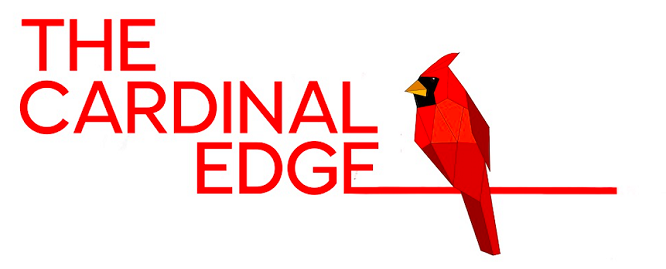
Abstract
Currently, there is extensive research within psychology about two distinct processing models where one is fast, automatic, and relatively effortless and the other is slow, systematic, and effortful. One mechanism of effortful processing is cognitive reflection which is one’s ability to reflect on their intuition. While there is research on explicit instructions of certain cognitive mechanisms and implicit induction of cognitive reflection, there is a lack of research on the explicit induction of cognitive reflection specifically. In this study, two techniques were investigated to see if cognitive reflection could be explicitly induced. Participants either read a prompt before beginning the CRT, received feedback about the incorrect and correct answers following each CRT question, or simply took the CRT without any induction techniques. Additionally, a yea-yeaing score was collected to measure how often a person agrees with a statement and its opposite (i.e., endorses contradictory beliefs). The results revealed that a prompt prior to CRT completion is an effective explicit induction technique that significantly increases numerical CRT scores. Contradictory belief holding was not impacted by explicit induction of cognitive reflection. Implications and future directions for this research are explored.
Recommended Citation
Powers, Margaret and Powers, Meg
(2021)
"Inducing Cognitive Reflection and its Impact on Contradictory Beliefs,"
The Cardinal Edge: Vol. 1:
Iss.
2, Article 6.
Available at:
https://ir.library.louisville.edu/tce/vol1/iss2/6
